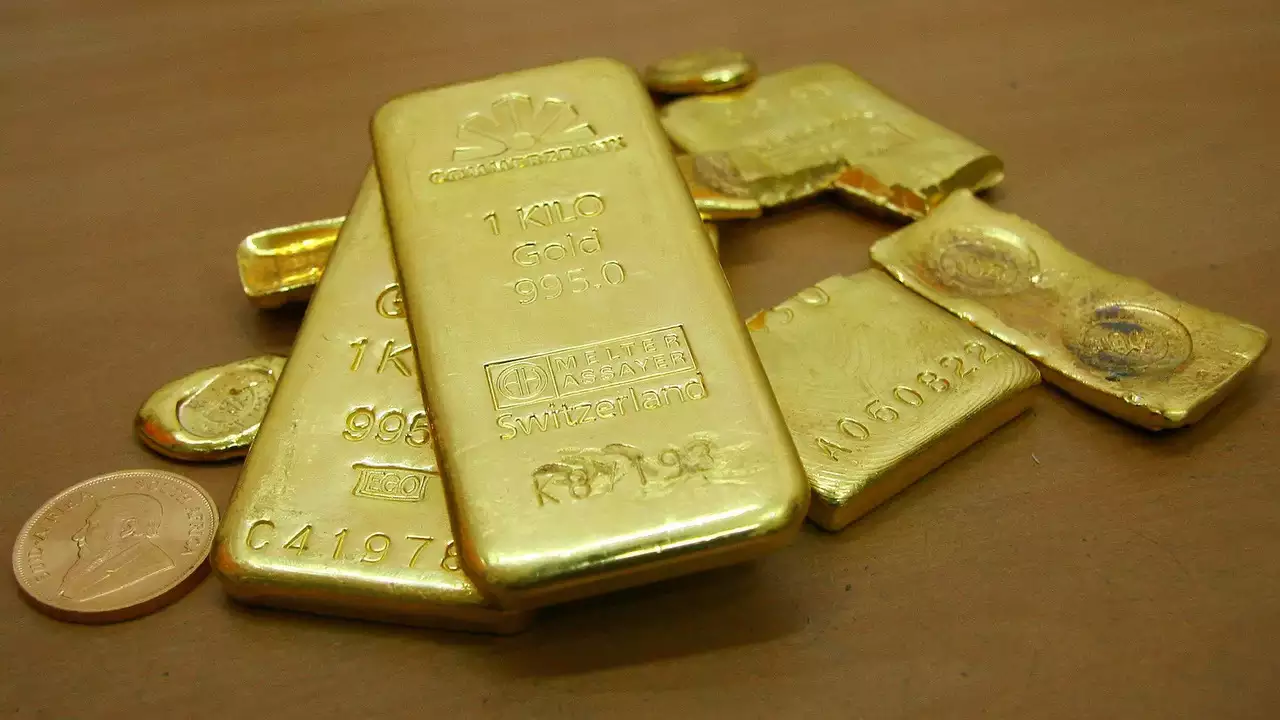Introduction:
Gold has always held a unique place in human history, revered as a symbol of wealth, power, and prosperity. In today’s financial landscape, gold remains a critical asset, not only as a physical commodity but also through a process known as gold exchange. This article will delve into the concept of gold exchange, its significance, and how it operates within the global economy.
What is Gold Exchange?
Gold exchange refers to the process of trading gold in various forms, such as bullion, coins, or certificates, on the open market. Unlike physical gold transactions, which involve the direct buying and selling of gold items, gold exchange often occurs on financial platforms where traders speculate on the price movements of gold. This form of trading is integral to the global commodities market, offering investors a way to hedge against inflation, diversify portfolios, and preserve wealth.
The Evolution of Gold Exchange
Historically, gold exchange can be traced back to the gold standard system, where countries pegged their currencies to a specific amount of gold. This system provided stability to the global economy but was eventually abandoned in favor of fiat currency systems. However, the gold exchange did not disappear; it evolved into a sophisticated market where gold is traded as a commodity.
In the modern era, gold exchange takes place primarily on futures exchanges, over-the-counter (OTC) markets, and through exchange-traded funds (ETFs). These platforms allow investors to buy and sell gold without physically owning it, providing liquidity and flexibility in trading.
How Does Gold Exchange Work?
Gold exchange operates through several mechanisms, each offering different levels of risk and reward:
- Futures Contracts: In a futures contract, traders agree to buy or sell a specific amount of gold at a predetermined price on a future date. Futures trading is highly speculative and often involves leverage, which can amplify both gains and losses.
- Over-the-Counter (OTC) Trading: OTC trading involves direct transactions between two parties without going through a centralized exchange. This market is less regulated and offers more customization in terms of contract size and terms, making it suitable for large institutional investors.
- Exchange-Traded Funds (ETFs): Investors can buy shares in these funds, which are traded on stock exchanges like any other equity. Gold ETFs provide a convenient way to gain exposure to gold prices without dealing with the complexities of physical storage.
- Spot Market: The spot market involves the immediate purchase or sale of gold at the current market price. This market is typically used by those who want to take physical possession of gold or by traders looking to capitalize on short-term price movements.
The Importance of Gold Exchange
- Hedging Against Inflation: Gold is often seen as a safe haven during times of economic uncertainty. When inflation rises, the value of fiat currencies tends to decline, but gold typically retains its value, making it an effective hedge.
- Portfolio Diversification: Since gold often moves inversely to stock markets, it provides a counterbalance during market downturns.
- Preserving Wealth: Throughout history, gold has been a reliable store of value. Unlike paper currencies, which can be devalued by government policies, gold has intrinsic value and is universally accepted.
- Global Trade: Gold exchange facilitates international trade by providing a universally recognized asset. Central banks and governments often hold significant gold reserves to back their currencies and stabilize their economies.
See More: precious metals IRA Custodian
Risks Involved in Gold Exchange
Gold exchange offers benefits:
- Market Volatility: Gold prices can be highly volatile, influenced by geopolitical events, economic data, and changes in interest rates.
- Leverage Risks: In futures trading, the use of leverage can lead to significant losses if the market moves against the trader’s position. It’s essential to understand the risks before engaging in leveraged trading.
- Regulatory Risks: The gold market, particularly the OTC market, can be less regulated than other financial markets. This lack of oversight can expose traders to fraud or unfair trading practices.
- Storage and Security: For those who choose to hold physical gold, there are risks associated with storage and security.
Conclusion
Gold exchange is a vital component of the global financial system, offering investors a way to engage with one of the oldest and most trusted forms of wealth. Whether through futures contracts, ETFs, or physical trading, gold continues to be a powerful tool for hedging, diversification, and wealth preservation. However, like any investment, it comes with risks that must be carefully managed. Understanding the dynamics of gold exchange can help investors make informed decisions and capitalize on the opportunities this market presents.
See More Related Article: Click Here
